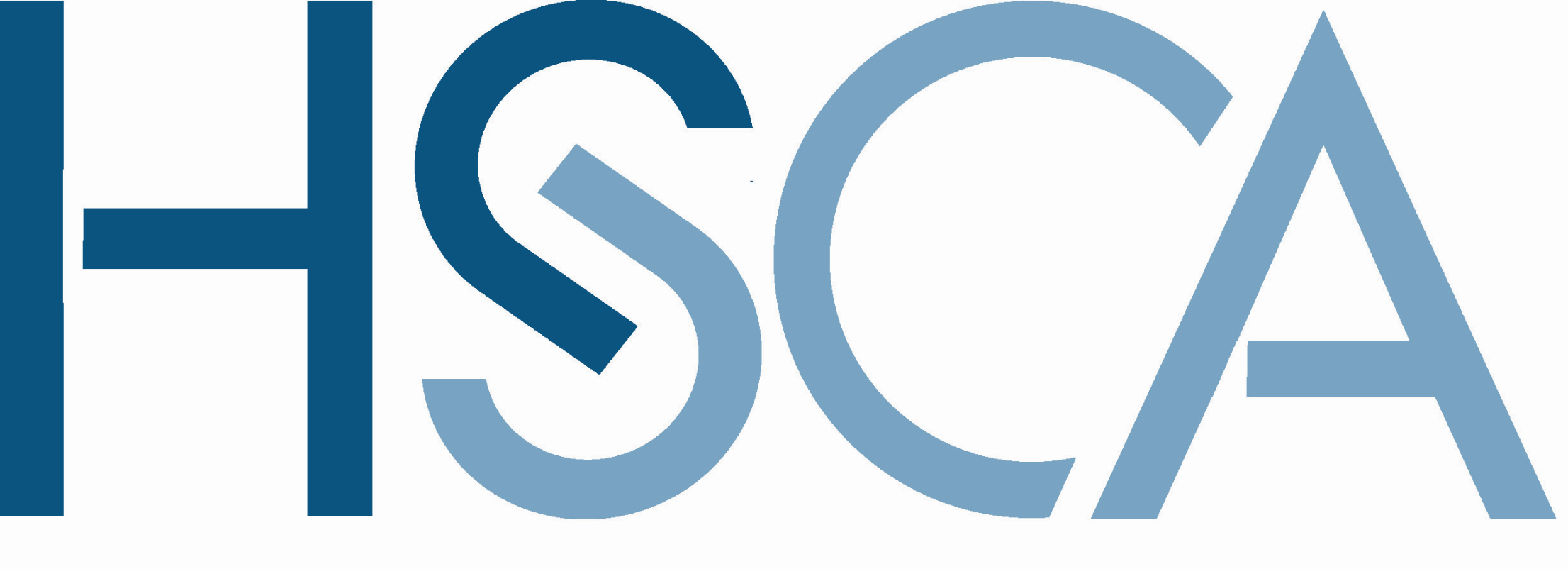Despite a decline in new drug shortages, existing and ongoing prescription drug shortages continue to be a public health crisis and jeopardize patient access to essential medications.
Although drug shortages are a complex problem without an overnight fix, the healthcare supply chain and healthcare group purchasing organizations are committed to helping mitigate this public health crisis.
GPOs are industry leaders in addressing drug shortages and are currently working collaboratively with hospitals, manufacturers, distributors, Congress, the Department of Health and Human Services (HHS), the FDA, and other stakeholders to ensure that hospitals and patients have access to the life-saving drugs they need.
HSCA and its GPO members are taking a variety of innovative steps to reduce the impact of generic drug shortages, including:
- Voluntary Contracting: All GPO purchasing contracts are voluntary, meaning that hospitals are free to purchase through their GPOs, but can also purchase “off contract” outside of the GPO arrangement, and frequently do.
- Price Adjustments: GPO contracts are the product of competitive market negotiations. Contract pricing is a constantly moving target, and drug companies regularly adjust pricing of GPO contracts based on market conditions such as manufacturing capacity, raw material availability, and competitive suppliers. That means that when manufacturers experience shocks to production, such as a higher input price, they have the ability to change the contracts quickly to reflect these shocks. GPOs manage thousands of price changes annually.
- Migration to Alternative Products: In addition to delivering cost savings, GPOs are the sourcing partners to hospitals and, where possible, work with hospitals and health care providers to ensure prompt and safe migration to alternative products when shortages arise.
- Data-Tracking: GPOs track data on drug shortages, strategize with members when there is the potential for supply chain disruption, and communicate with manufacturers and distributors to help foresee future problems.
- Manufacturer Evaluation: GPOs help members lessen their exposure to drug shortages by evaluating manufacturer reliability when sourcing and awarding contracts, and in helping providers establish best-practice purchasing procedures.
- Increased Supplier-Provider Communication: GPOs work with our supplier partners to communicate product demand from our provider members. By communicating this information to manufacturers in a timely fashion, manufacturers should have more advance notice about demand to assist in planning for production capacity.
For more information on GPO efforts to help combat critical prescription drug shortages, please see this issue brief.
For additional drug shortage resources, click here.
For information on what others are saying about the causes of drug shortages, click here.
For more information on Physicians Against Drug Shortages or its Executive Director Phil Zweig, click here.
